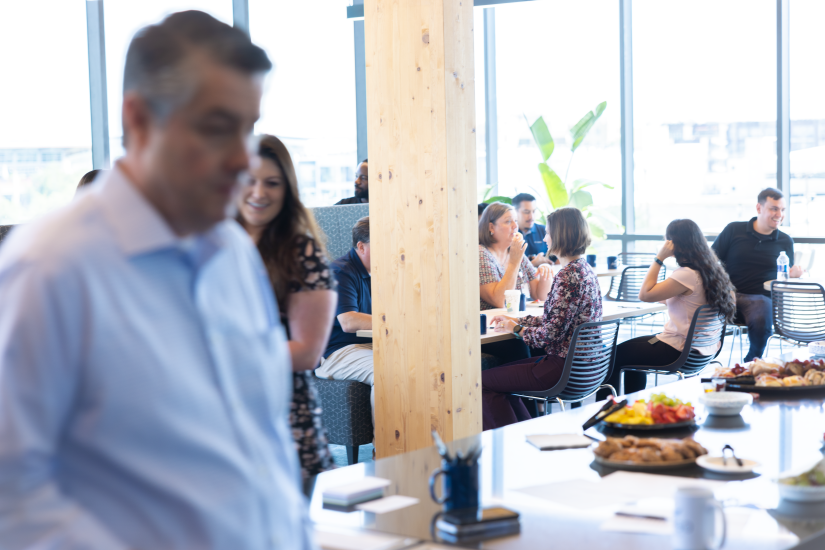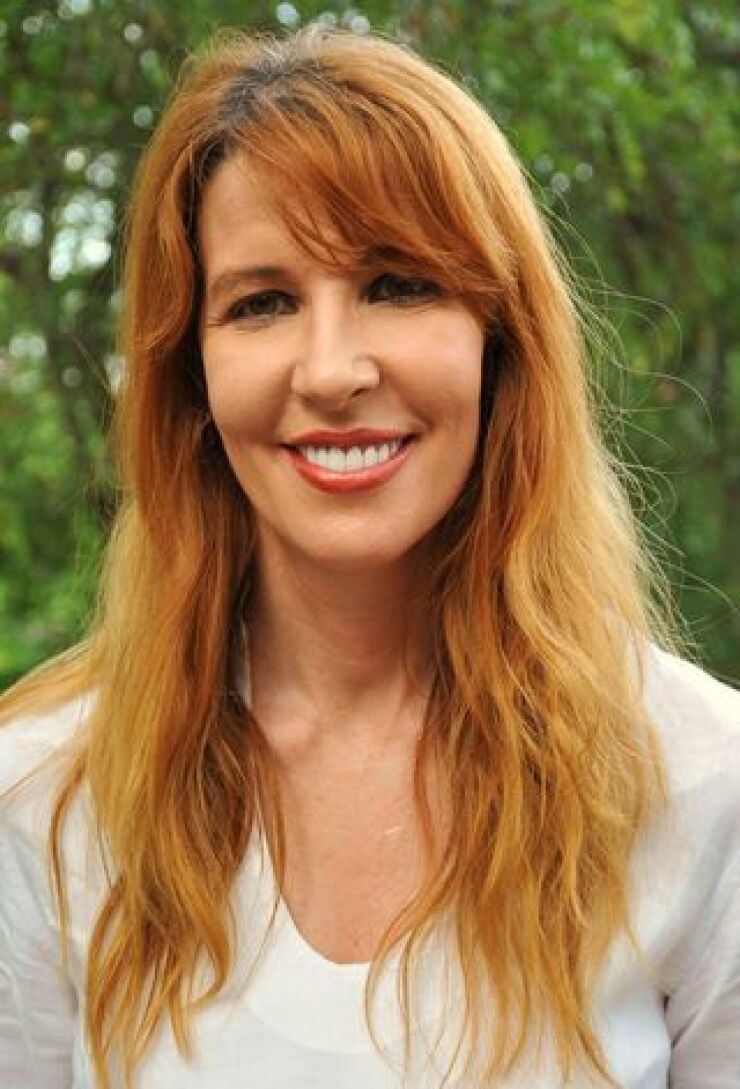The socioeconomic employee resource group at Argo is working to create more employment opportunities for
Digital Insurance spoke with Christina Parr, head of talent acquisition at Argo Group, about the insurer's talent-related initiatives.
Responses have been lightly edited for clarity.

